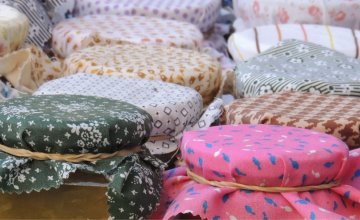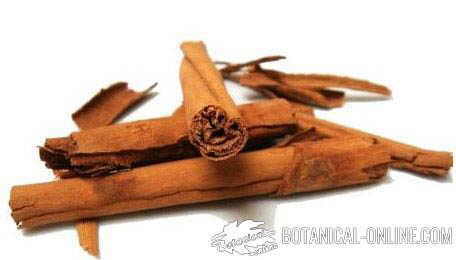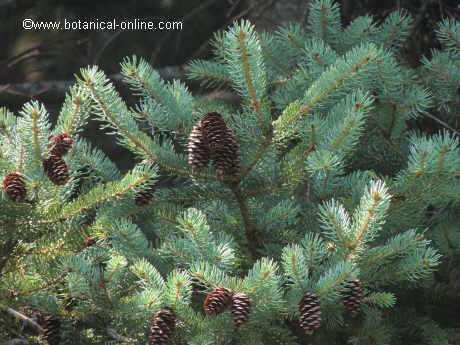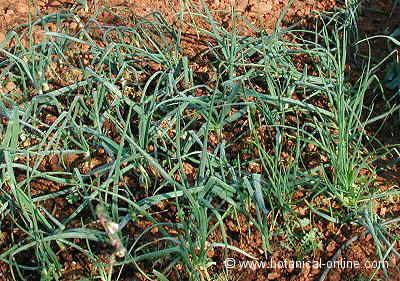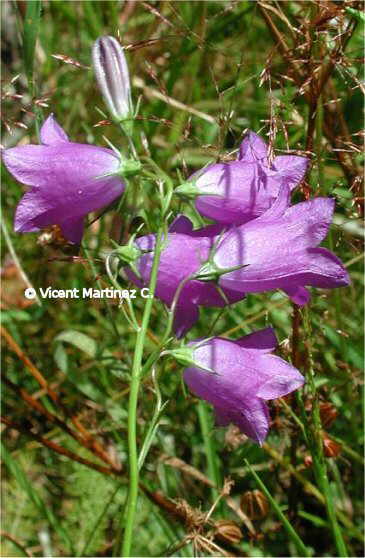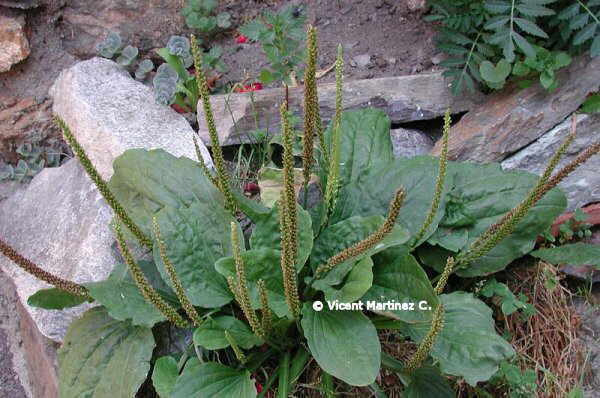Contents
BOXWOOD BENEFITS
Boxwood (Buxus sempervirens) is a shrubby evergreen plant of European origin that is not commonly used in herbal medicine.
Among its effects, boxwood is very irritating and purgative. It has the following properties: cardiotonic, sudorific, antirheumatic, antiseptic, anti-malaria and cholagogue
Boxwood medicinal components are the steroidal alkaloids, among which buxine. These alkaloids are responsible for the sudorific properties of the plant, formerly used against malarial fever. It also contains tannins and flavonoids.
MEDICINAL PROPERTIES OF BOXWOOD
Boxwood remedies for external use
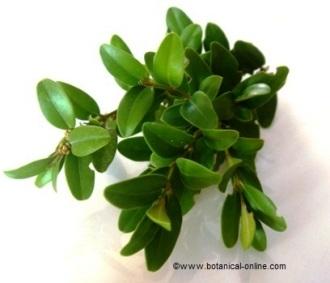 Meadowsweet flowers still in bloom
Meadowsweet flowers still in bloom
Boxwood for the scalp
Boxwood contains many alkaloids that act as natural antiseptic, so, applied topically, they will help keep the scalp free of harmful microorganisms that alter it.. Decoctions are rubbed on the scalp to treat seborrheic dermatitis.
Some of these organisms may be responsible for the production of dandruff, an abnormality that causes hair loss
- Alopecia: In medieval texts boxwood properties for treating alopecia are cited. Indeed, once boxwood was a precious drug for baldness problems due to its properties to fight bacteria that cause it.
Among these ancient texts, botanist naturalist Georges L. Leclerc (1707-1788) cites the case of a peasant woman who, to solve her baldness, rubbed her scalp with a decoction of boxwood. As a result of treatment, she grew a good brown hair. However, she imprudently also rub her face and neck, so that, at the end, she seemed more like a monkey than a woman.
Boxwood helps eliminate scalp bacteria and, therefore, it prevents alopecia. (Decoction of 100 g. Of dried leaves in 1 liter of water. Apply on the scalp, avoiding contact with the eyes).
- Natural antiseptic: Boxwood decoctions were used in ancient times to disinfect wounds due to its antibacterial properties.
Boxwood preparations for internal use
Boxwood may cause poisoning, causing miscarriage and affect the fetus. Boxwood is completely contraindicated during pregnancy, lactation and under 15 years. Its internal use is restricted to the express medical prescription and under the supervision of health professionals.
* More information on toxicity, side effects and contraindications of boxwood.
- For the liver: Boxwood is considered a bitter tonic liver and cholagogue remedy. This benefits the operation of the gallbladder, favoring the bile expulsion. These properties are useful against biliary dyskinesia and heavy digestions, but it should not be used in people with gallstones.
Boxwood may cause expulsion of gallstones, but with possible side effects, such as colicky pain, or to the obstruction of the bile ducts. Depending on the dose used, it can act as a strong laxative and cause acute belly pain.
- Laxative: Boxwood contains alkaloids with strong laxative or cathartic effect, which in high doses has been used to treat intestinal parasites. The decoction of boxwood bark is used to treat occasional constipation.
However, it is a toxic plant that can cause severe poisoning from nerve stimulation to paralysis. Nor it is used as cholagogue for its highly irritating effects to the bowel digestive mucosa. The intoxication is associated with vomiting, nausea, dizziness, cramping and digestive spasms. Diarrhea and digestive disorders can be a side effect in treatments with boxwood.
- Diuretic: Boxwood components provide it with diuretic properties, used in the treatment of gout, rheumatism, arthritis and acne. Its alkaloids help eliminate toxic and harmful substances from the body. (Decoction of a few pieces of dried bark per liter of water for fifteen minutes. One cup a day, divided into 4 doses of 50ml.).
- Vermifuge: Boxwood antiseptic properties are remarkable. This plant has been used against syphilis, intestinal worms and as a substitute for quinine, when it is not effective in treating malaria. Boxwood is used especially in cases of intermittent or recurrent infectious diseases of the lungs, liver or intestinal fevers.
- Sudorific: Steroidal alkaloids have diaphoretic properties, which are used as a remedy for fever. Formerly this plant has been used against malarial fever.
- Hypotension: The steroidal alkaloids have cardiotonic effect, which has been used to treat hypotension. For its toxic effects, you should consult other remedies to treat this problem
- AIDS: Boxwood attacks virus and prevents their advance, so it has been investigated as a useful plant in the treatment of AIDS. It is given as an extract according to the patient’s leaflet. Currently, a drug for HIV called SPV30 is produced from boxwood, although it should be more studies on its effectiveness.
- Recent research against cancer: a study published in 2011 by the University of Bejaia (Algeria) suggests that boxwood might have cancer-fighting compounds.
In this study, the effect of some components of boxwood to cause apoptosis (natural death) of cancer cells were investigated.
Some boxwood components were found that could be used as anticancer drugs, although they must perform further studies to confirm these properties.
Dosage and employment. How to apply boxwood preparations
VIA EXTERNAL
- Decoction: 100g. of dried leaves in 1 liter of water. Apply on the scalp as an antiseptic to combat seborrhea and dandruff. Protect your eyes. Do not apply to open wounds.
VIA INTERNAL
Boxwood internal treatments should only be prescribed by a medical professional. Diarrhea and digestive disorders can be a side effect in treatments with boxwood.
- Infusions or tisanes: 20g. leaf or bark per 200ml. water, let stand 15 minutes, take 4 shots of 50ml. daily. Take with honey or sugar (it has an unpleasant taste).
- Dust: 300 to 600mg. as sudorific. A dose of 1000mg. of dry leaves powder as worming remedy.
![]() More information on boxwood.
More information on boxwood.

